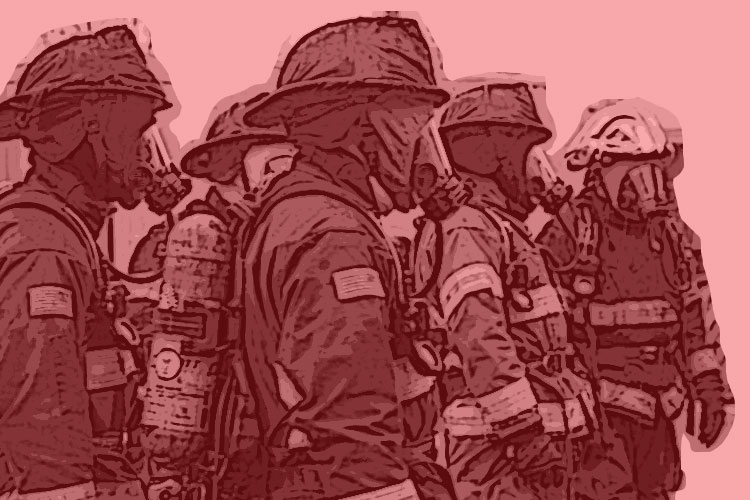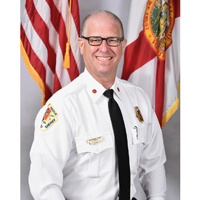
Does your doctor understand the unique health threats facing firefighters?
By Todd LeDuc
Firefighters are unique, especially when it comes to our occupational health risk. We have certainly all heard the phrase “tactical athlete” to describe the human performance and conditioning needed to safety perform the essential job functions required of firefighters. However, much work remains to educate health care providers in the unique and specific health risks that first responders face and how that equates perhaps to a different clinical and screening approach than general populations.
During a recent taping of my joint podcast of the Life Scan Learning Lab edition of the Get Balanced with my co-host Dr. Donnie, I heard a story from a firefighter named Brandon regarding his health risk and medical experience. During his annual medical fire department physical, a bladder mass abnormality was identified on imaging. This firefighter presented it to his primary care provider, who reportedly judged that the patient was low risk due to his age, lack of family history, and other risk factors. Despite that, the firefighter was a staunch advocate for his own health, noting that according to the 2010 NIOSH report findings, firefighters had an overall 9% higher prevalence of cancer combined with a 14% higher mortality than general population. In Brandon’s case, the primary relented and gave a referral for Brandon to be examined in consultation by urology. After a two-month wait to be seen by urology, the patient’s presentation was met with similar skepticism and the same provider education by the patient occurred as to the heightened occupational risk of cancer was had. Finally, an exploratory diagnostic test was ordered and pathology confirmed a Stage One bladder. Two takeaways from this experience: First, firefighters must be their own strong health acre advocates, and second, the fire service must educate health care providers as to the fact that first responders are a unique health risk and special population group and what that means clinically.
Fortunately, this brother firefighter is cancer free and back on the job! However, some points worth discussing. First, according to the National Fire Protection Association (NFPA) recently released its fifth needs assessment, and much work remains to be done to ensure that every fire department in the United States is providing its members with an NFPA 1582-compliant medical examination annually and an NFPA 1583 fitness assessment. Additionally, some component of behavior health screening. These should be provided by health care providers that are specifically attuned to the unique occupational health risks that first responders face. This includes remaining educated on NFPA guidelines and evolving health research and actively participating in first responder health research.
For clinicians that may manage our primary care or specialists, NFPA 1582 remains a resource. Additionally, the International Association of Fire Chiefs has developed, with FEMA AFG funding, a Health Care Providers Guide to Firefighter Physicals that is free and downloadable to share with your clinical provider to help increase their awareness of the unique first responder health risks. It is also important to recognize that screening recommendations by the U.S. Preventative Health Task Force are not intended to guide occupational screenings for unique and special risk populations.
Being armed with accurate information and being your own health advocate are two large steps to ensuring a safe and healthy fire service journey!

Todd LeDuc, MS, CFO, FIFirE retired as the executive assistant chief of Broward County, Florida, and joined Life Scan Wellness Centers as their Chief Strategy Officer. He is a reviewer or both professional credentialing and agency accreditation with the Center for Public Safety Excellence and advisory board member of the First Responder Center of Excellence. He is a longtime board member of the International Association of Fire Chief’s Safety, Health & Survival Section and a technical committee member of the NFPA Standard on Occupational Health of First Responders. He is also the editor of the Fire Engineering book, Surviving the Fire Service. He can be contacted at Todd.LeDuc@lifescanwellness.com.
MORE
Fire Service Repetitive Head Trauma and Associated Implications
Commentary: A Year in Review
Firefighters: We Don’t Play Every Sunday
This commentary reflects the views of the author and not necessarily the views of Fire Engineering.

